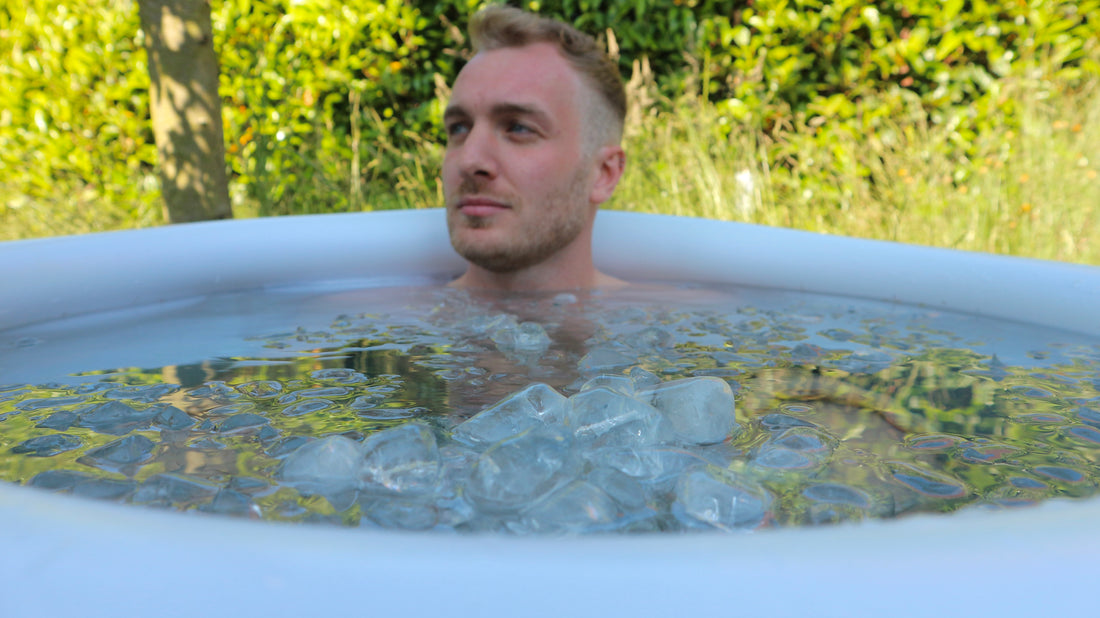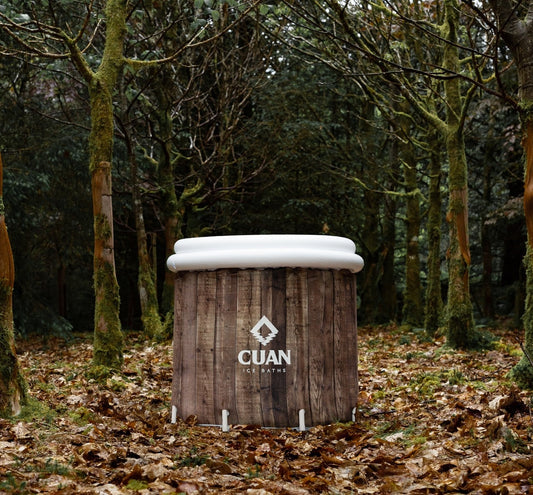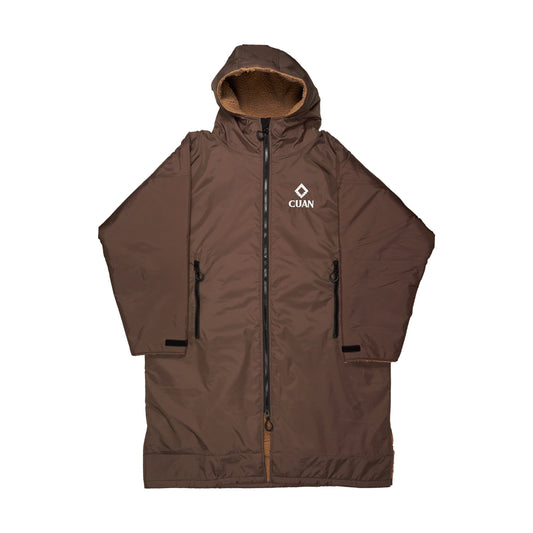Ice baths have surged in popularity as a recovery and wellness tool, but knowing the ideal temperature and frequency can be confusing. Understanding your body's response to cold exposure is essential to maximising the benefits while ensuring your safety. This blog will guide you on finding the right temperature and frequency for your ice bath routine.
Finding the Right Temperature: How Cold is Cold Enough?
The perfect ice bath temperature isn't the same for everyone. Your body's response to cold is unique, so it's important to listen to your instincts. A general rule of thumb is to make sure the cold feels intense but manageable. When you think, “this is really cold, but I can handle it,” you're on the right track.
- Colder Doesn’t Always Mean Better: The colder the water, the shorter the exposure time needed. As you build up experience and confidence, you may gradually decrease the temperature, much like progressing with weights at the gym. Start comfortably and work your way towards colder temperatures to avoid shock or discomfort.
- Safety First: Ensure the temperature is uncomfortable but safe. Typically, water temperatures between 10-15°C (50-59°F) are used for cold water therapy. However, some may prefer slightly warmer or colder temperatures depending on their tolerance and experience.
How Often Should You Take an Ice Bath?
Frequency and duration of ice baths can be just as crucial as the temperature. You want to strike a balance that supports your recovery and wellness goals without overdoing it.
- Science-Backed Protocol: A solid, science-supported guideline is to aim for a total of 11 minutes per week. This time can be divided into 2-4 sessions lasting 1-5 minutes each, spread throughout the week. This protocol has been shown to deliver significant benefits without overwhelming the body.
- Short, Cold Bursts: For those seeking a quick adrenaline boost or a sharp mental reset, shorter sessions with colder water are also effective. However, sticking to the 11-minute per week guideline offers a consistent foundation for ongoing use.
- Consistency is Key: Like any fitness or wellness practice, the more consistent you are with your cold exposure, the better the results. By regularly incorporating ice baths into your routine, you can gradually increase your tolerance and reap long-term benefits.
When’s the Best Time of Day for an Ice Bath?
Timing your cold exposure can impact its effectiveness and how you feel afterwards. Cold water immersion affects your body's temperature regulation, which in turn influences your alertness and sleep patterns.
- Morning or Afternoon Sessions: Cold exposure often raises body temperature post-immersion, leading to increased alertness. For this reason, it's usually best to take your ice bath in the morning or early afternoon to capitalise on this boost in energy and focus.
- Avoid Close to Bedtime: Because cold exposure can wake you up, it’s generally not recommended to have an ice bath close to bedtime. If you find that it disrupts your sleep, try doing it earlier in the day or adjust the timing to suit your body’s rhythm.
Final Thoughts
Finding the right balance in your ice bath routine depends on understanding your body's responses to cold. Aim for temperatures that challenge but don't overwhelm, and stick to a simple, consistent schedule. With a bit of practice, you'll discover the perfect temperature and timing that work for you, enhancing your recovery, boosting your energy, and sharpening your focus. Remember, it's all about finding that sweet spot where the cold is beneficial without being too much to handle.
Whether you’re an athlete looking to improve recovery or simply someone seeking a new wellness routine, ice baths can be a powerful tool when used correctly. So, take the plunge, listen to your body, and enjoy the cold!




